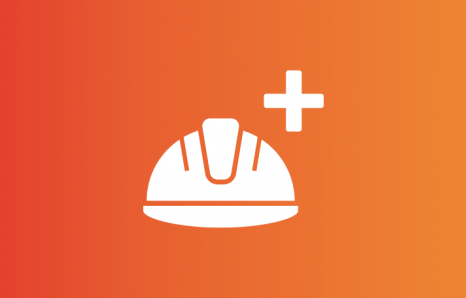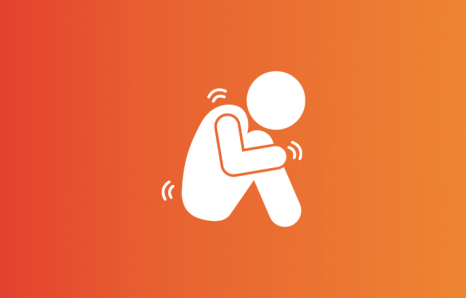George Hamlyn explores Transport for London's approach to authentic peer support, taking you through the history of TfL's peer support program and highlighting the risks of focusing solely on the 'soft and fluffy' side of wellbeing. He provides an overview of TfL's training program, the crucial role of documents, policies, and procedures in ensuring consistency and also discusses the importance of evaluating and holding peer supporters accountable for their actions.
You may also be interested in:

How to deal with work-related violence
Everyone should be able to do their job without someone threatening, assaulting or harming them. But on the railway’s front line, sadly, that isn’t always the case. In fact, RSSB statistics show that a staggering 94.1% of frontline staff have experienced workplace abuse. In this session, British Transport Police’s Inspector Keith Barnes describes how incidents of violence against railway staff can occur and how to de-escalate them. He also talks about how body-worn cameras can be both a deterrent and an aid to evidence-gathering once an assault has occurred.

Building a peer-to-peer support network in your organisation
Nick Baddeley, Louise Mears and Fran Garvey-Fereday discuss the development, challenges, and implementation of a ‘Wellbeing Ambassador’ network within Network Rail. Based on their own experiences, they deliver a best-practice guide for all.

Strategies for coping with trauma
Working in the rail industry can expose people to potentially traumatic events. As a manager, you want to be equipped with the tools to protect and support your team. The team and organisation around a person can play a big role in a person's recovery after an event. This session gives practical steps managers can take before, during and after an event to reduce the risk to mental health. Managers will also learn how they can protect themselves from burnout and vicarious trauma when supporting trauma-exposed colleagues.
